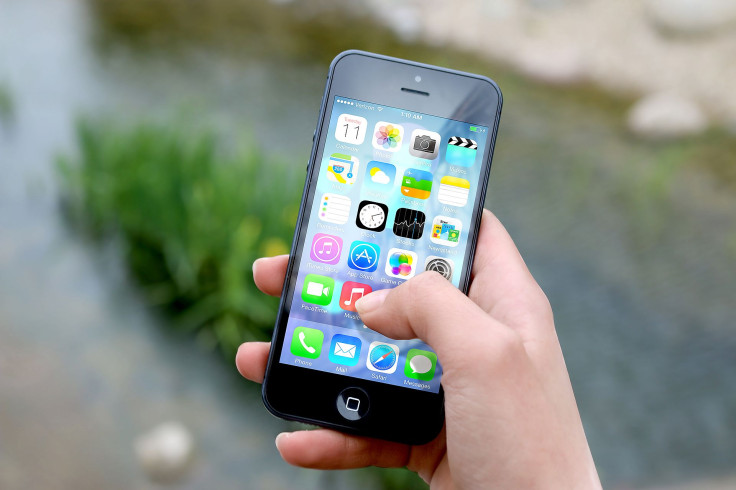iPhone Battery Drain: Does Apple Intentionally Slow Down Older iPhones?

Apple addressed recent concerns that it has been secretly slowing older iPhone models in an effort to force consumers to adopt newer devices, confirming that the older phones have their power demands moderated in order to avoid crashes, TechCrunch reported .
The rumor of Apple intentionally degrading or “throttling” the performance of older iPhones has once again cropped up as previous generations of Apple’s smartphone have been hampered since the release of iOS 11.
Driving the conspiracy that Apple intentionally slows its devices—a scheme commonly referred to as planned or forced obsolescence—is a recent benchmarking test that found older Apple devices had a cap placed on their processing power, which has led some to use the test as evidence Apple is hindering its own products.
In a comment from the company provided to TechCrunch , an Apple spokesperson confirmed that the power of its older generation processors are indeed capped, but it’s done to preserve the longevity of the devices rather than kill them off.
“Our goal is to deliver the best experience for customers, which includes overall performance and prolonging the life of their devices,” the spokesperson said. “Lithium-ion batteries become less capable of supplying peak current demands when in cold conditions, have a low battery charge or as they age over time, which can result in the device unexpectedly shutting down to protect its electronic components.”
According to the spokesperson, the company released a feature last year for the iPhone 6, iPhone 6s and iPhone SE that is designed to “smooth out the instantaneous peaks only when needed to prevent the device from unexpectedly shutting down.” Apple has since extended that feature to the iPhone 7 with the release of iOS 11.2 and said it plans to continue to add support for other products going forward.
Apple’s statement does not refute the benchmarking tests—which were conducted by John Poole of Primate Labs using its Geekbench 4 platform—that have been used to drive forward the theories about forced obsolescence. Instead, the statement provides context as to why the performance is capped.
The performance capping is intended to preserve the device’s battery, which starts to feel the weight of keeping up with the increased demand from updated versions of iOS that can’t run at optimal performance on older hardware. Without the cap, batteries in old iPhones would expire much faster—an issue that plagues all devices that rely upon lithium-ion batteries, not just iPhones.
Apple has tried to remain cognizant of the health of batteries in iOS devices. The iPhone regularly checks battery health and will alert the user with a notification if that battery starts to reach a state in which is it nearing the end of its functionality.
While the statement from Apple may quell the conspiracy theories about the company’s attempts to force old devices out of operation, users can rightly question if Apple should be in charge of making the decision for them how their device should function. If Apple informed its users how removing the cap could affect their device but allow them to make the decision themselves, users may be more comfortable with device burn out.
© Copyright IBTimes 2024. All rights reserved.





















